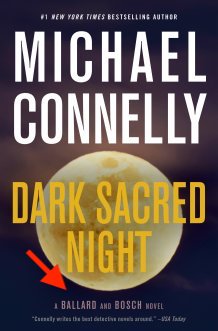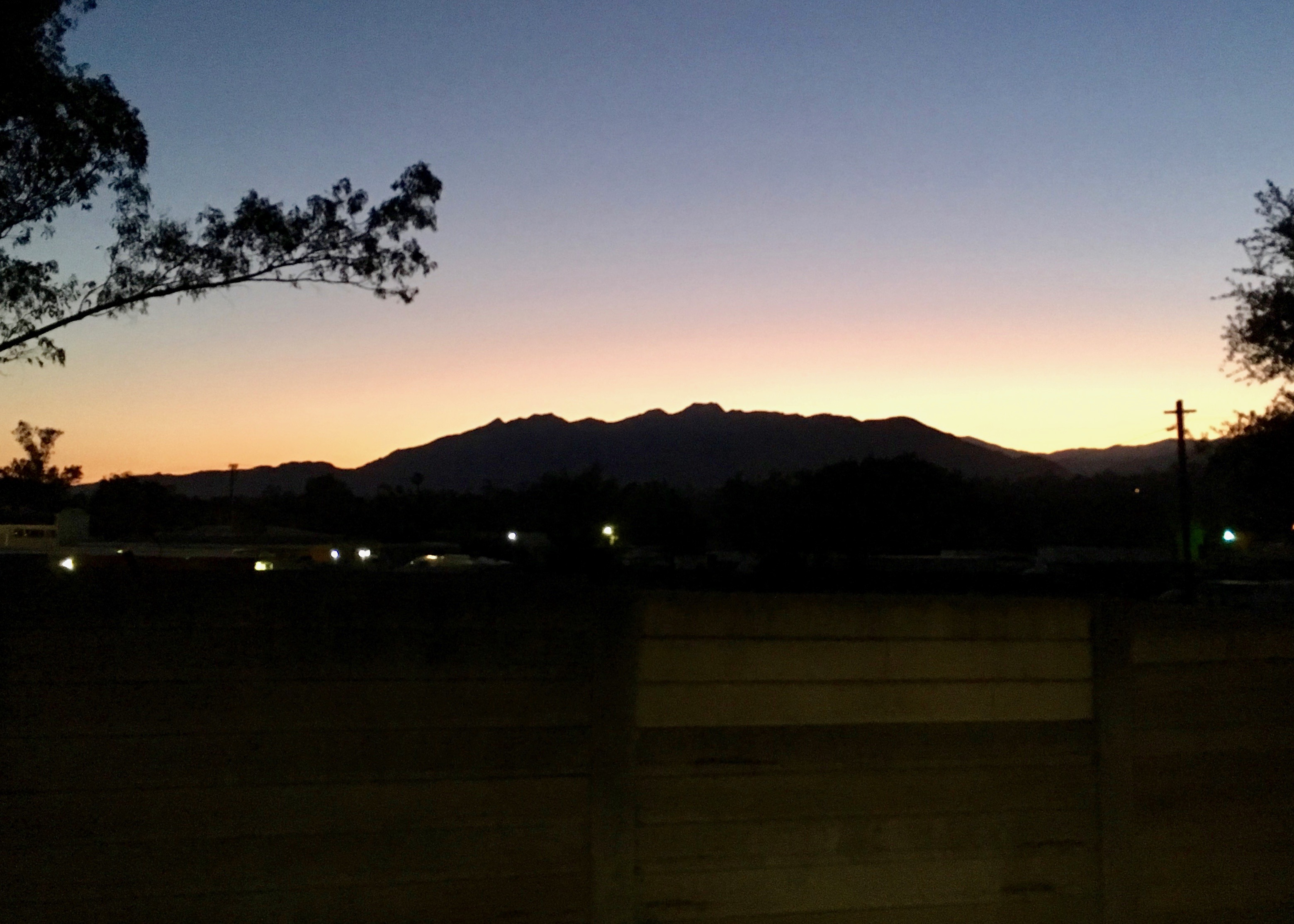“In his book “AI Superpowers: China, Silicon Valley, and the New World Order,” Kai-Fu Lee, a well-known artificial-intelligence expert, venture capitalist and former president of Google China, argues that China and Silicon Valley will lead the world in AI. But his highly readable book covers a lot of other ground as well, and among the most interesting insights are his descriptions of the differences between Chinese and Silicon Valley tech culture.” (Washington Post review) Not quite finished but here are some excerpts:
If artificial intelligence is the new electricity, Chinese entrepreneurs will be the tycoons and tinkerers who electrify everything from household appliances to homeowners’ insurance. […] Ambitious mayors across China are scrambling to turn their cities into showcases for new AI applications. They’re plotting driverless trucking routes, installing facial recognition systems on public transportation, and hooking traffic grids into “city brains” that optimize flows.
China’s startup culture is the yin to Silicon Valley’s yang: instead of being mission-driven, Chinese companies are first and foremost market-driven. Their ultimate goal is to make money, and they’re willing to create any product, adopt any model, or go into any business that will accomplish that objective. […] The core motivation for China’s market-driven entrepreneurs is not fame, glory, or changing the world. Those things are all nice side benefits, but the grand prize is getting rich, and it doesn’t matter how you get there.
Adoption of mobile payments happened at lightning speed. By the end of 2016, it was hard to find a shop in a major (Chinese) city that did not accept mobile payments. […] By the end of 2017, 65 percent of China’s over 753 million smartphone users had enabled mobile payments. […] It got to the point where beggars on the streets of Chinese cities began hanging pieces of paper around their necks with printouts of two QR codes, one for Alipay and one for WeChat. […]
For 2017, total transactions on China’s mobile payment platforms reportedly surpassed $ 17 trillion—greater than China’s GDP. […] Data from mobile payments is currently generating the richest maps of consumer activity the world has ever known, far exceeding the data from traditional credit-card purchases or online activity captured by e-commerce players like Amazon or platforms like Google and Yelp. […] Recent estimates have Chinese companies outstripping U.S. competitors ten to one in quantity of food deliveries and fifty to one in spending on mobile payments. China’s e-commerce purchases are roughly double the U.S. totals, and the gap is only growing.
U.S. federal funding for math and computer science research amounts to less than half of Google’s own R& D budget.
Between 2007 and 2017, China went from having zero high-speed rail lines to having more miles of high-speed rail operational than the rest of the world combined.
It no longer makes sense to think of oneself as “going online.” When you order a full meal just by speaking a sentence from your couch, are you online or offline? When your refrigerator at home tells your shopping cart at the store that you’re out of milk, are you moving through a physical world or a digital one?In the United States we build self-driving cars to adapt to our existing roads because we assume the roads can’t change. In China, there’s a sense that everything can change—including current roads. Indeed, local officials are already modifying existing highways, reorganizing freight patterns, and building cities that will be tailor-made for driverless cars.
Much of today’s white-collar workforce is paid to take in and process information, and then make a decision or recommendation based on that information—which is precisely what AI algorithms do best.


 I’m not up to reviewing Yuval Noah Harari’s latest book (21 Lessons for the 21st Century) but I liked
I’m not up to reviewing Yuval Noah Harari’s latest book (21 Lessons for the 21st Century) but I liked 
